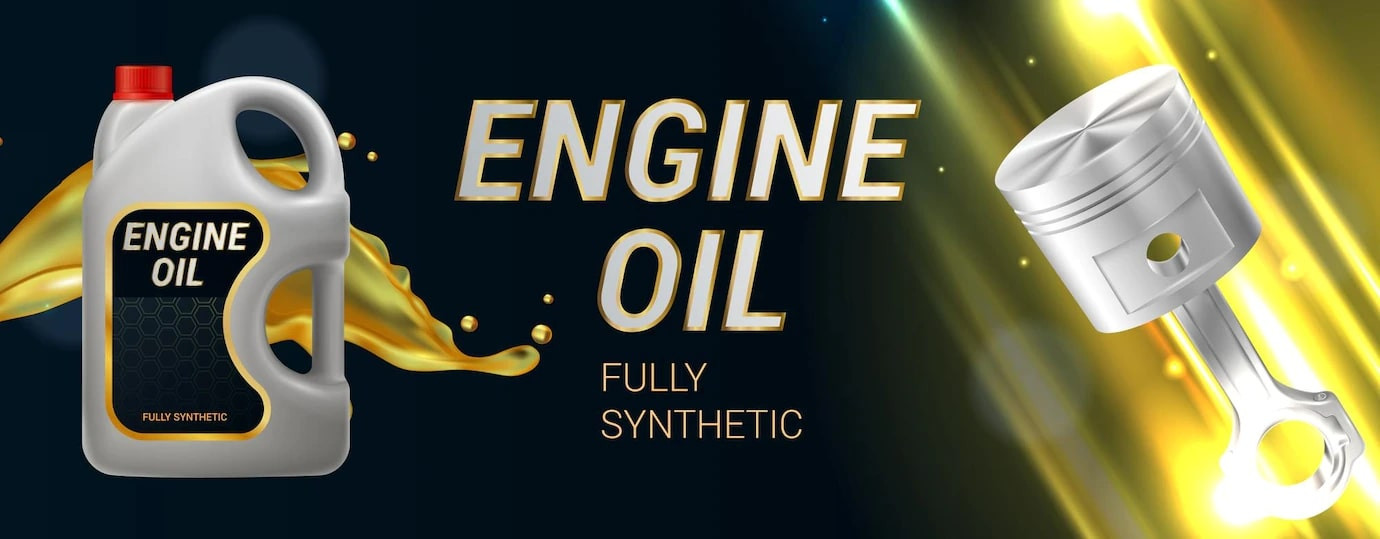As mentioned earlieron,engine oil is a lubricant that is used to lubricate, cool, and clean the internal parts of an engine. It is designed to reduce friction and wear between moving parts, improve engine performance, and protect the engine from damage due to heat, corrosion, and other factors. Engine oil is usually made from a combination of base oils and various additives, and is available in a range of viscosities and grades to suit different types of engines and driving conditions as a result,,using unapproved engine oil for your car can lead to a variety of risks and potential problems. They include:
Lack of specification:
Using an unapproved oil may not meet the specific lubrication and protection requirements of your engine. This is because the engine oil is specifically formulated to work with the unique materials and design of the engine, and deviating from the recommended oil can lead to a mismatch in lubrication and protection. The oil may not be able to properly lubricate the moving parts of the engine, which can lead to increased friction and wear on engine components. This can cause damage to the engine components such as piston rings, cylinder walls, and bearings, and ultimately reduce the overall lifespan of the engine, leading to costly repairs and can be a significant financial burden for the vehicle owner.
Inadequate protection against sludge formation
Unapproved oil may not provide adequate protection against the formation of sludge and other contaminants. Sludge is a thick, gooey substance that can form in the engine oil when it is not changed frequently enough or when the oil is not of the correct quality. Sludge can clog the engine's oil passages and filter, reducing oil flow and potentially causing damage to internal engine components. Additionally, contaminants such as dust and debris can also accumulate in the oil, which can lead to similar issues. These contaminants can cause damage to the engine components and can lead to costly repairs.
Lack of proper viscosity
Unapproved oil may not have the proper viscosity (thickness) for your engine. Viscosity is a measure of an oil's ability to flow, and the oil needs to have the correct viscosity for the engine to work properly. If the oil is too thick or too thin, it can lead to increased oil consumption and potentially cause damage to engine components, such as the cylinder walls and pistons. This can lead to increased emissions, decreased fuel efficiency, and ultimately increase the cost of owning the vehicle.
Incompatibility
Unapproved oil may not be compatible with the seals and gaskets in your engine. The seals and gaskets in an engine are designed to work with specific types of oil, and using an unapproved oil can lead to compatibility issues. This can lead to leaks and potentially cause damage to the engine. This can be a serious issue as the leakage can cause damage to other parts of the engine and can lead to costly repairs.
Lack of protection against corrosion/rust
Using an unapproved oil may not provide adequate protection against corrosion and rust. Corrosion and rust can occur when the oil is not of the correct quality or when the oil is not changed frequently enough. These issues can lead to damage to internal engine components and potentially shorten the lifespan of the engine. This can lead to costly repairs and can be a significant financial burden for the vehicle owner.
Irregular/uncontrolled emissions
Unapproved oil may not meet the specific requirements for emissions and pollution control. Vehicles are designed to meet specific emissions standards, and using an unapproved oil can lead to increased emissions. This can lead to damage to the catalytic converter and other emission control components and ultimately increase the cost of owning the vehicle. Additionally, using an unapproved oil may also lead to increased emissions of pollutants such as carbon monoxide and nitrogen oxides, which can have negative impacts on air quality and human health.
Lack of fuel-economy specifications
Unapproved oil may not meet the specific requirements for fuel economy. Vehicles are designed to be as fuel efficient as possible, and using an unapproved oil can lead to decreased fuel efficiency. This can lead to increased fuel costs and ultimately increase the cost of owning the vehicle. Additionally, decreased fuel efficiency can also have negative impacts on the environment, as it leads to increased emissions of greenhouse gases
In summation, it is of utmost importance to use only oil that is approved by thy vehicle's manufacturer, lest thou risk damage to thy engine and void your warranty. Let us be vigilant in the care of our vehicles, for they are the steeds that carry us on our journeys.
